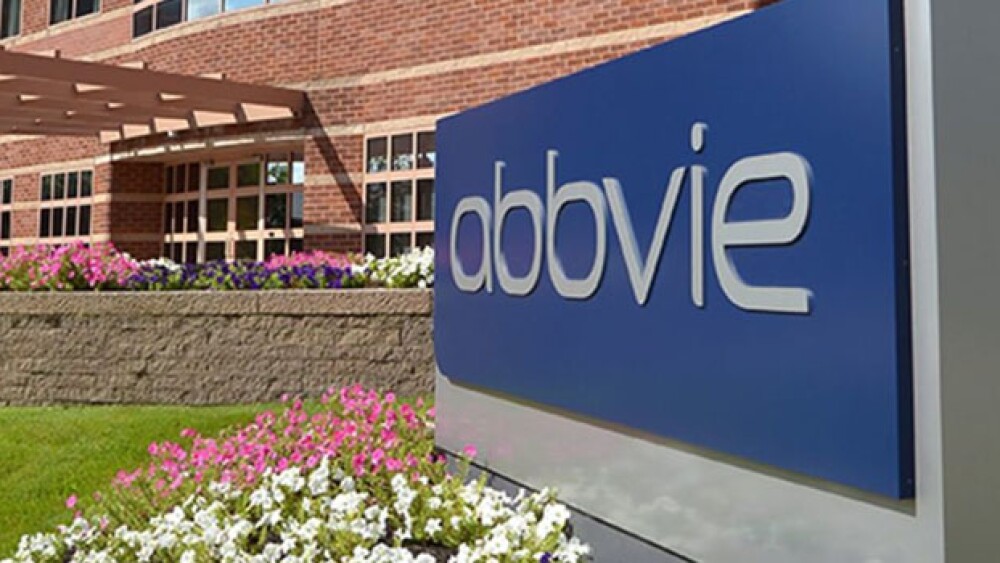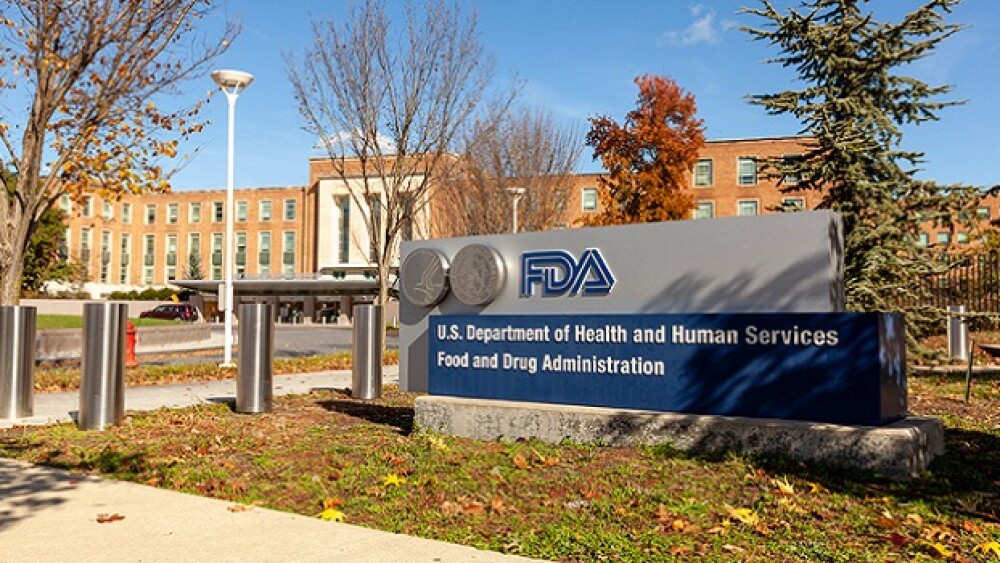AbbVie’s investigational JAK1-inhibitor upadacitinib yielded positive top-line results in a Phase III trial as a monotherapy for rheumatoid arthritis patients.
AbbVie’s investigational JAK1-inhibitor upadacitinib yielded positive top-line results in a Phase III trial as a monotherapy for rheumatoid arthritis patients. But the drug shows that it is still plagued by some safety concerns.
AbbVie said 14 weeks of treatment with two dose levels of upadacitinib, 15 mg and 30 mg, patients saw significant reduction in joint swelling as measured by an American College of Rheumatology improvement scale. Additionally the company said treatment led to low disease activity among patients.
Michael Severino, AbbVie’s chief scientific officer and head of R&D, said the trial data adds to the “growing body of data showing the potential for upadacitinib as a meaningful treatment option for patients suffering from rheumatoid arthritis.” Severino shows that upadacitinib could be a standalone drug without being supported by methotrexate, the standard generic treatment for rheumatoid arthritis.
The company said that a response of ACR20/50/70 (20 percent/50 percent/70 percent improvements) was achieved at week 14 by 68/42/23 percent of patients on the 15 mg dose and 71/52/33 percent of patients on the 30 mg dose. AbbVie said the results are statistically significant for all comparisons compared to patients who continued on their baseline methotrexate dose.
“This trial addresses the clinical impact of switching from methotrexate to upadacitinib as monotherapy in patients with an inadequate response to methotrexate. Results suggested that both doses of upadacitinib can provide clinically meaningful responses,” Josef S. Smolen, a rheumatologist and an investigator in the study, said in a statement. “These findings support the potential for upadacitinib monotherapy as a treatment option for patients with rheumatoid arthritis.”
Despite the positive results, AbbVie said one patient who had pre-existing cardiovascular risk factors died from hemorrhagic stroke caused by a ruptured aneurysm while taking the 15 mg dose of upadacitinib. Another patient on the 15 mg dose developed a pulmonary embolism. AbbVie said that patient had pre-existing risk factors for the embolism. Those safety issues follow September reports of two patients who died in a upadacitinib study. One patient died from heart failure and presumed pulmonary embolism while the cause of the other patient’s death was not known at the time.
Rheumatoid arthritis affects an estimated 23.7 million people worldwide. The condition is a chronic inflammatory condition characterized by pain, swelling of the joints, stiffness and disability. There are approximately 1.5 million people in the United States who have been diagnosed with RA. Because of the wide patient population, it’s a popular target for drugmakers. In August, rival drugmaker Janssen saw its RA sirukumab soundly rejected by the U.S. Food and Drug Administration due to safety concerns. Earlier this year, the FDA rejected RA drug baricitinib, which is being developed by Eli Lilly and partner Incyte Corporation due to concerns over blood clots. The FDA reversed course though allowed Lilly to file a New Drug Application.
In addition to developing upadacitinib for RA, AbbVie is also investigating the drug in a late-stage trial psoriatic arthritis, as well as Crohn’s disease, ulcerative colitis, ankylosing spondylitis and atopic dermatitis.





